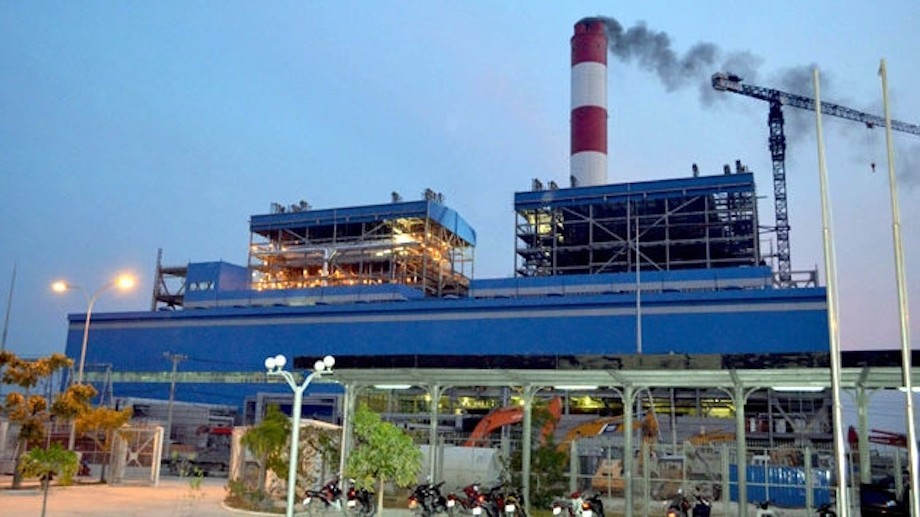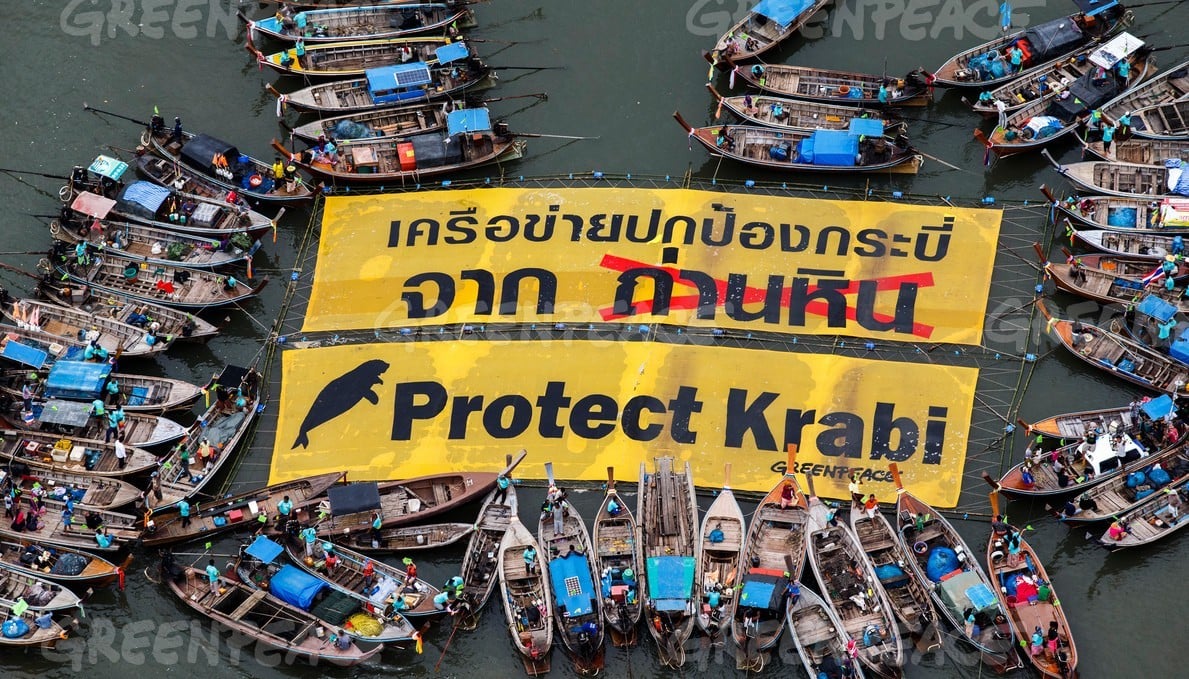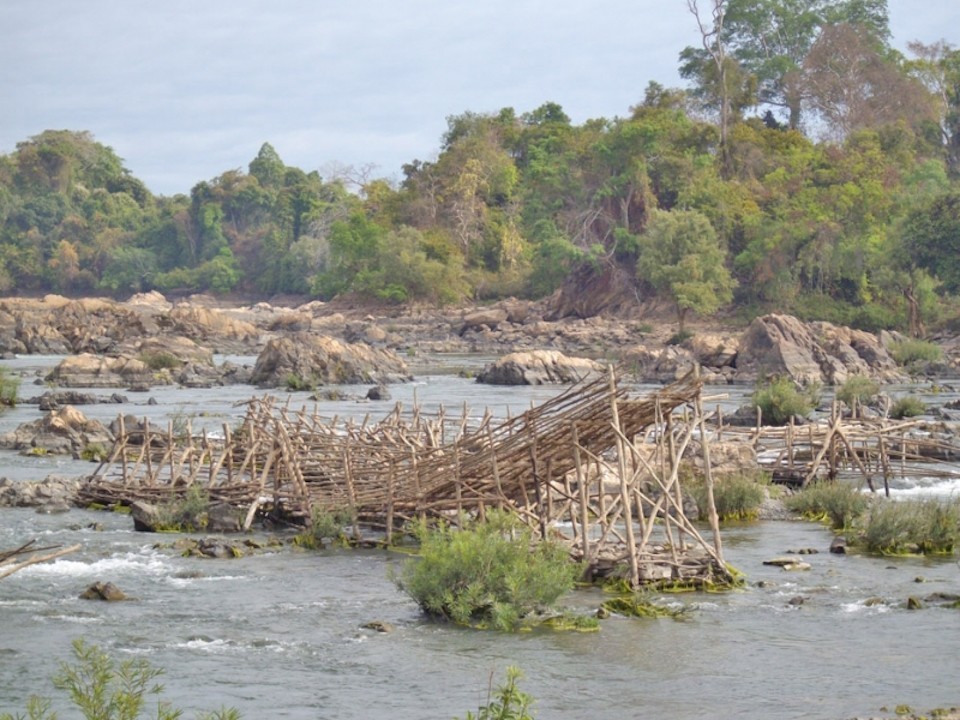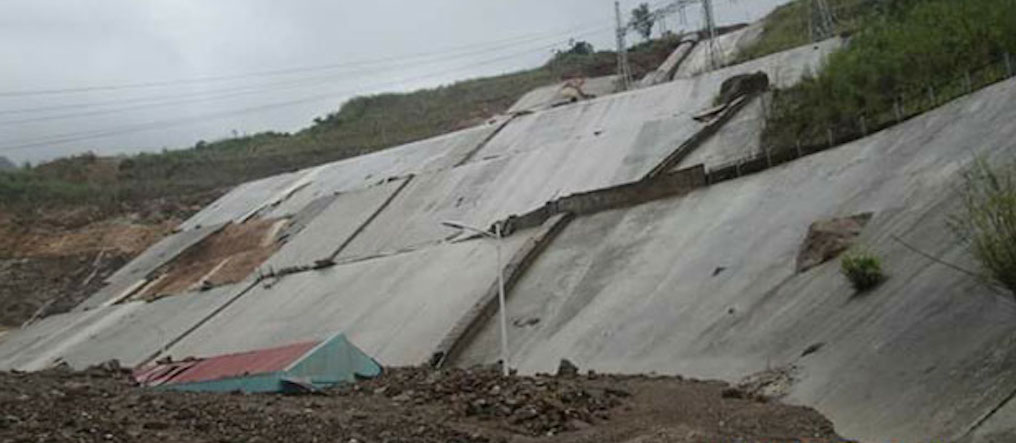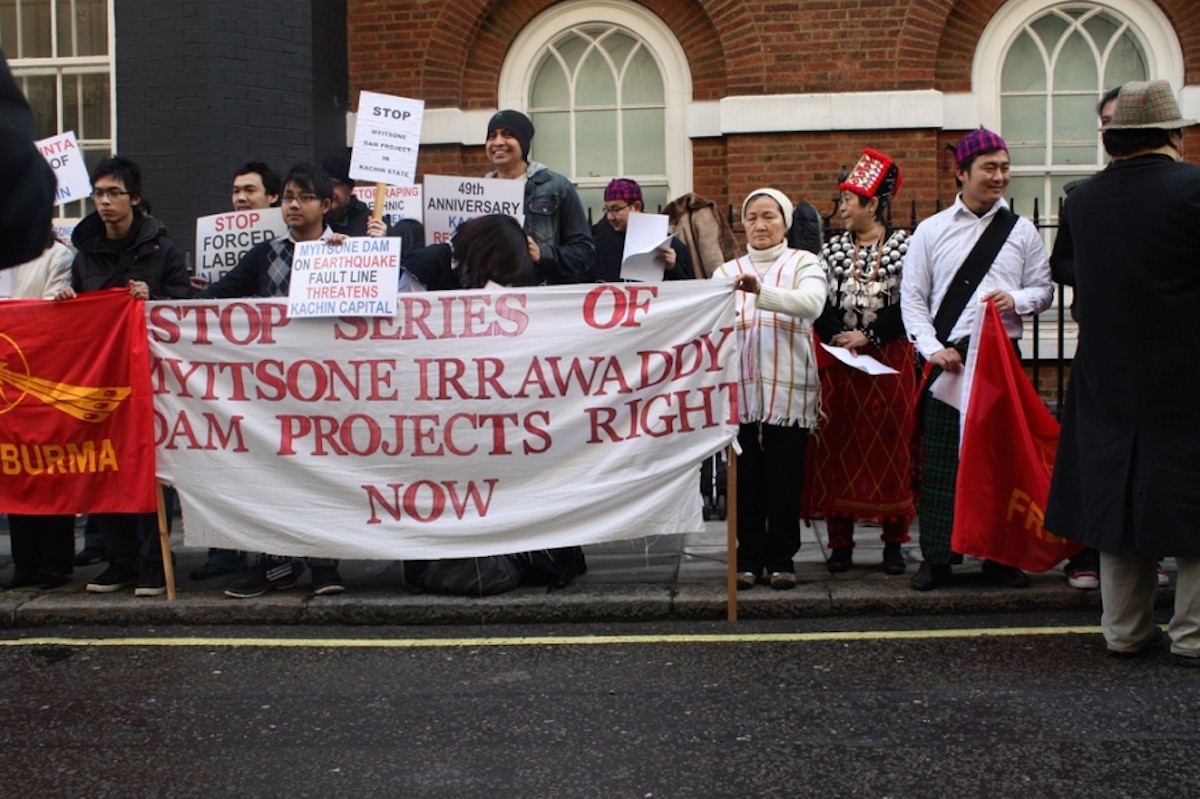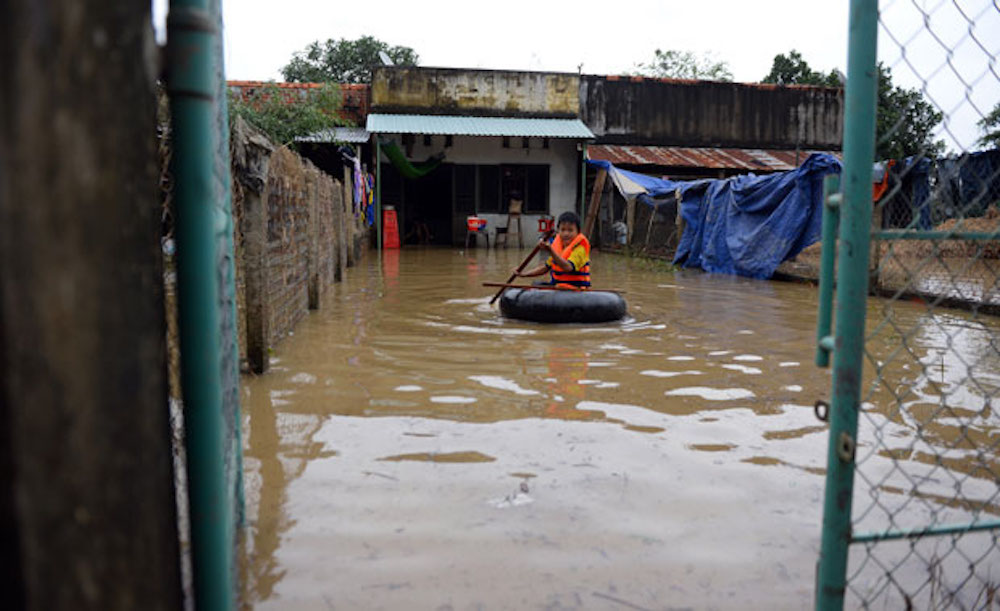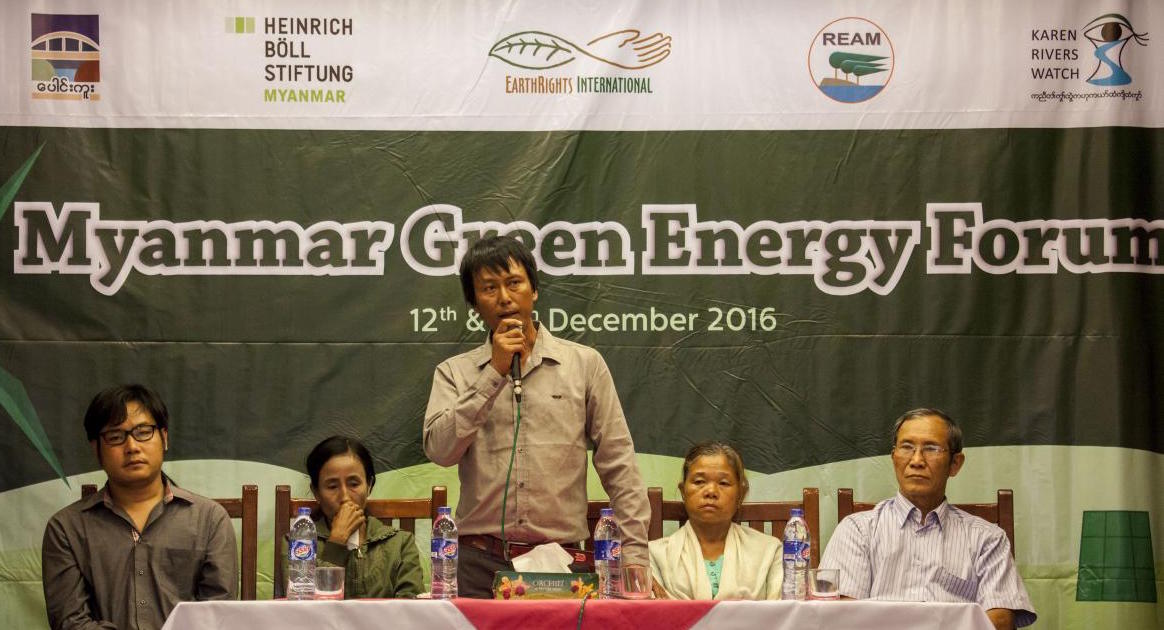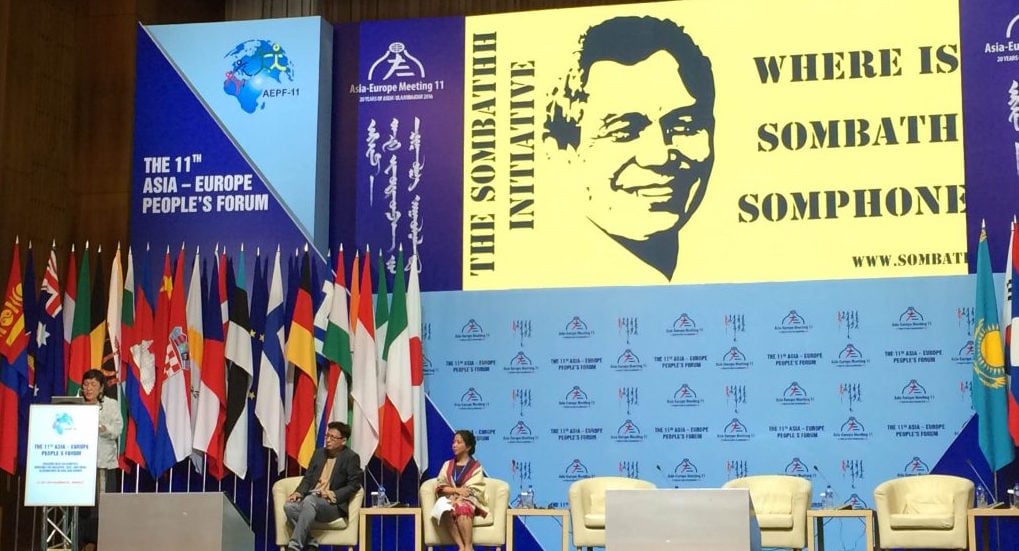Water is an irreplaceable component in the fight against climate change but it is also its biggest victim. The World Economic Forum named water the number one threat in 2015 and it was also ranked a top risk in 2016.
Over the last 12 months, the world was given a sneak preview of the global water wars scientists have predicted for the century ahead, and tensions surrounding dams and the control of water within drought situations were flashpoints for conflict. Companies can expect water use to hit their bottom lines harder and prices of electricity are likely to go up as hydropower comes under threat.



